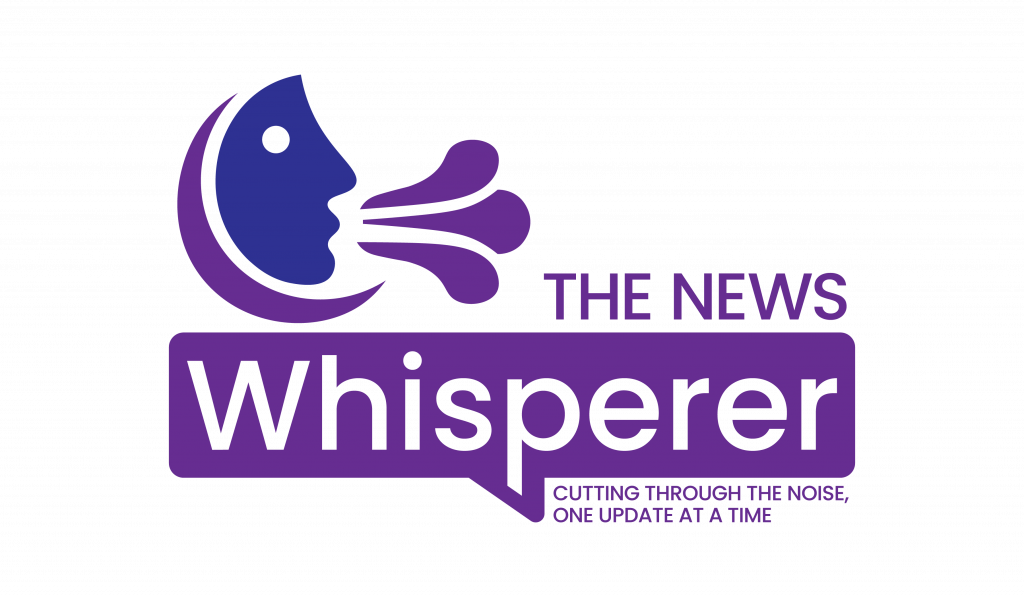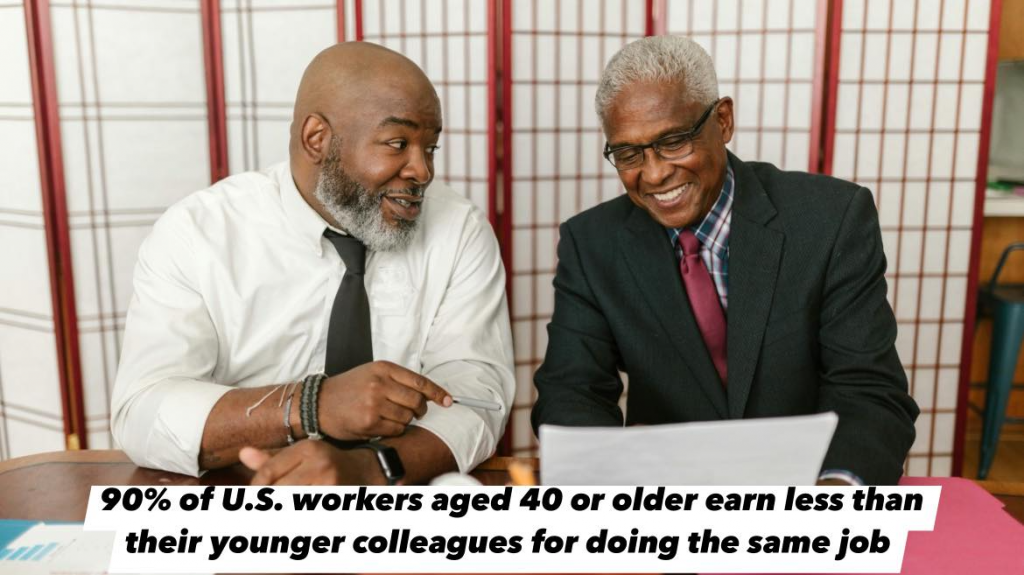A recent report from Resume Now found that around 90% of U.S. workers aged 40 or older have experienced ageism. A key example is compensation—nearly half of these workers earn less than their younger colleagues for doing the same job. Additionally, 49% of respondents reported being passed over for career growth opportunities in favor of younger, less experienced workers.
The impact goes beyond pay disparities. According to the report, 22% of workers aged 40 and above say they are excluded from challenging assignments, and nearly all respondents noted that ageism has limited their access to professional development and training. Moreover, 16% stated that they have been overlooked for promotions in favor of younger employees.
This pervasive bias is taking a toll on employee well-being; among workers who have faced ageism, 45% reported feeling isolated, 44% experienced depression, and 36% suffered from anxiety. Despite these impacts, ageism can be challenging to address. While 94% of those who reported age bias to HR say they took action, only 45% felt that HR effectively mediated the issue.
HR leaders must play a pivotal role in combating ageism as the workforce ages. It is essential to dismantle these biases, create equitable opportunities for advancement, and recognize the value of experienced employees.
- Follow or share

